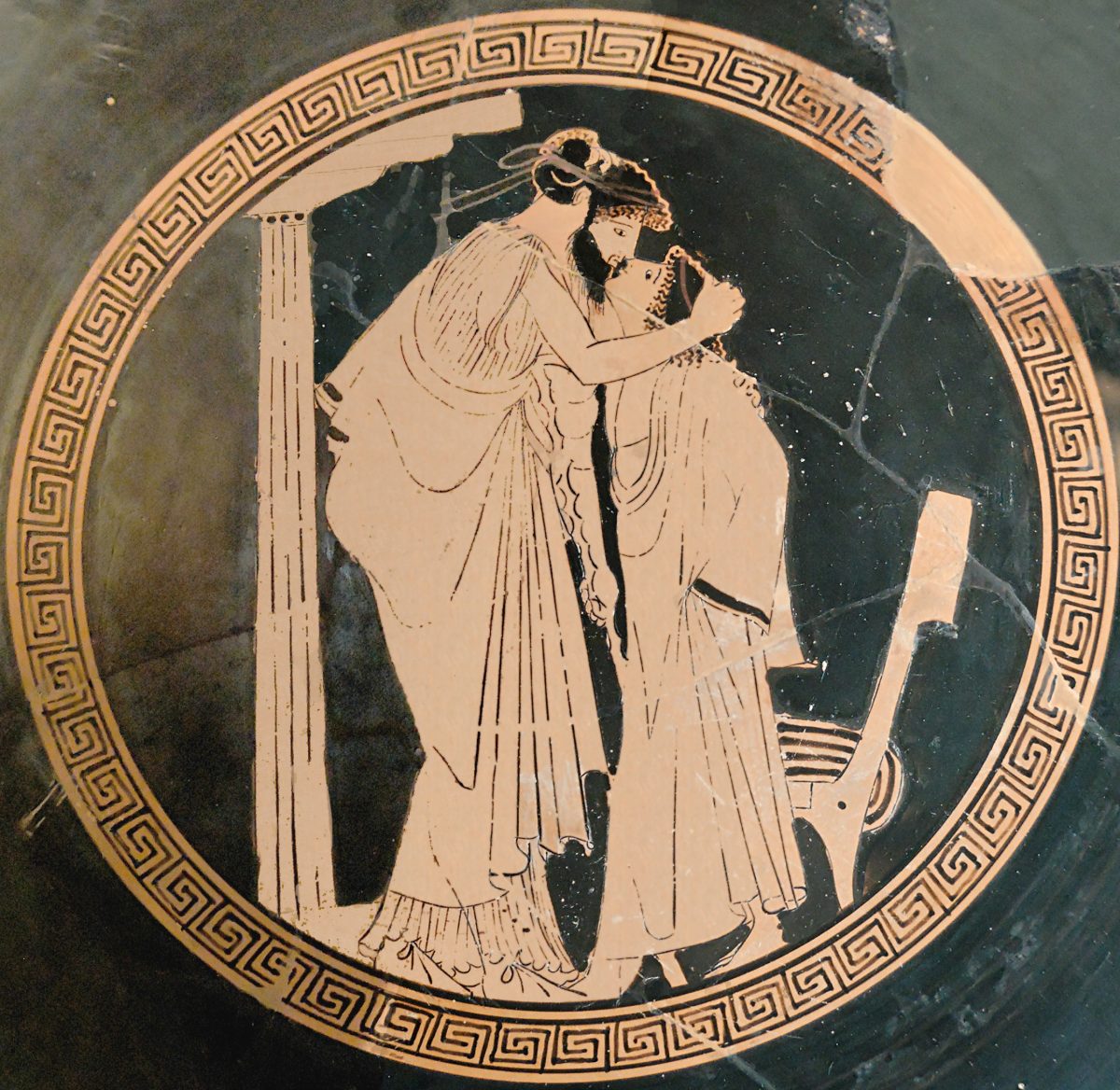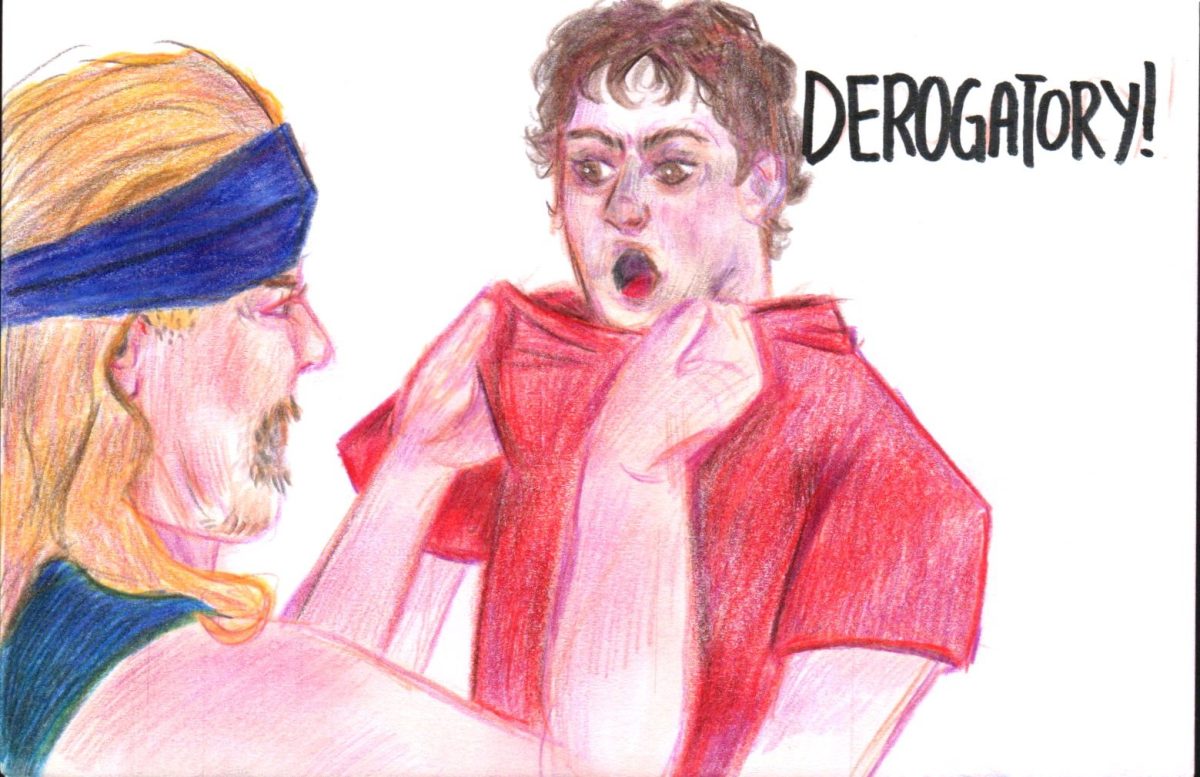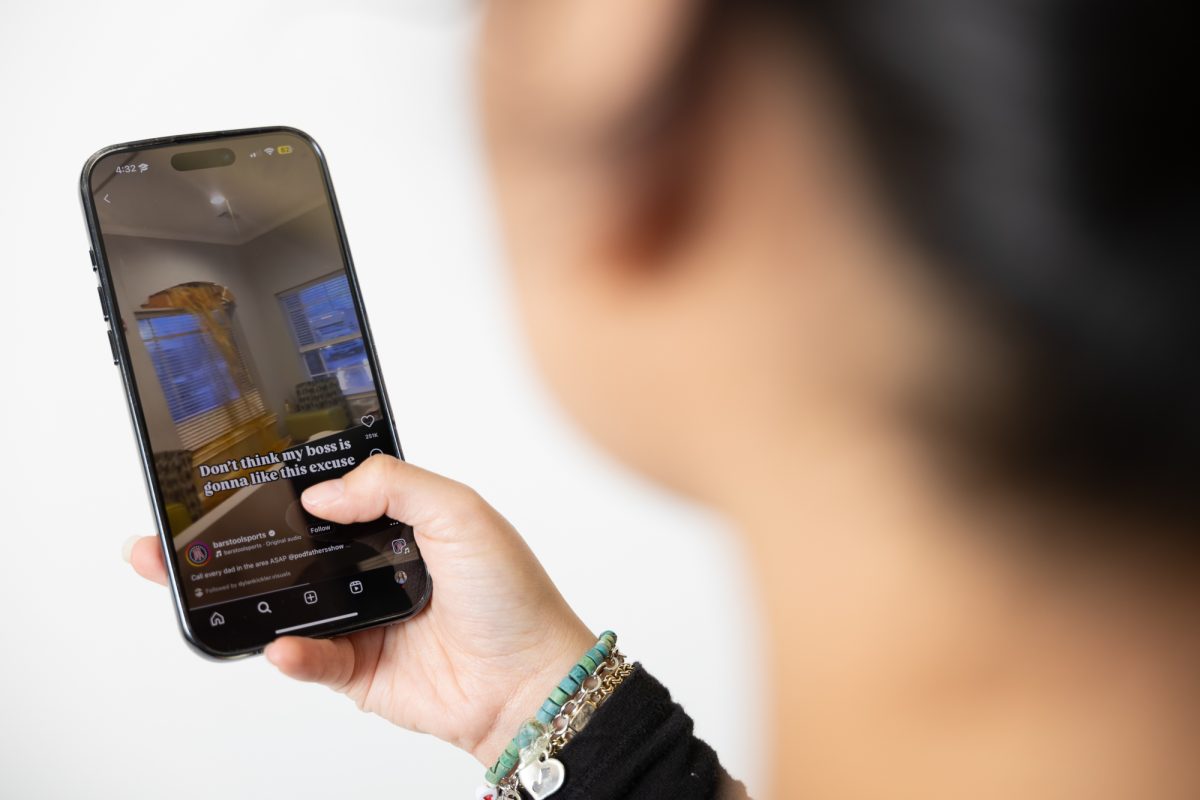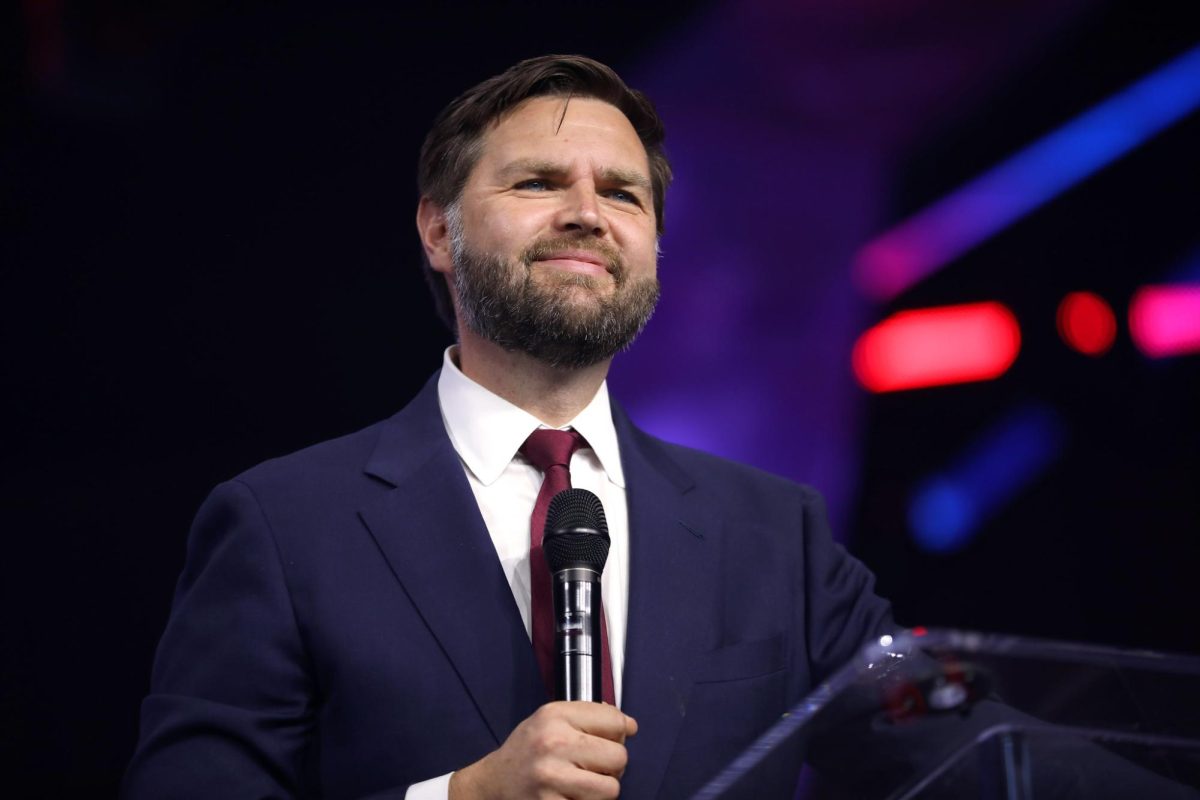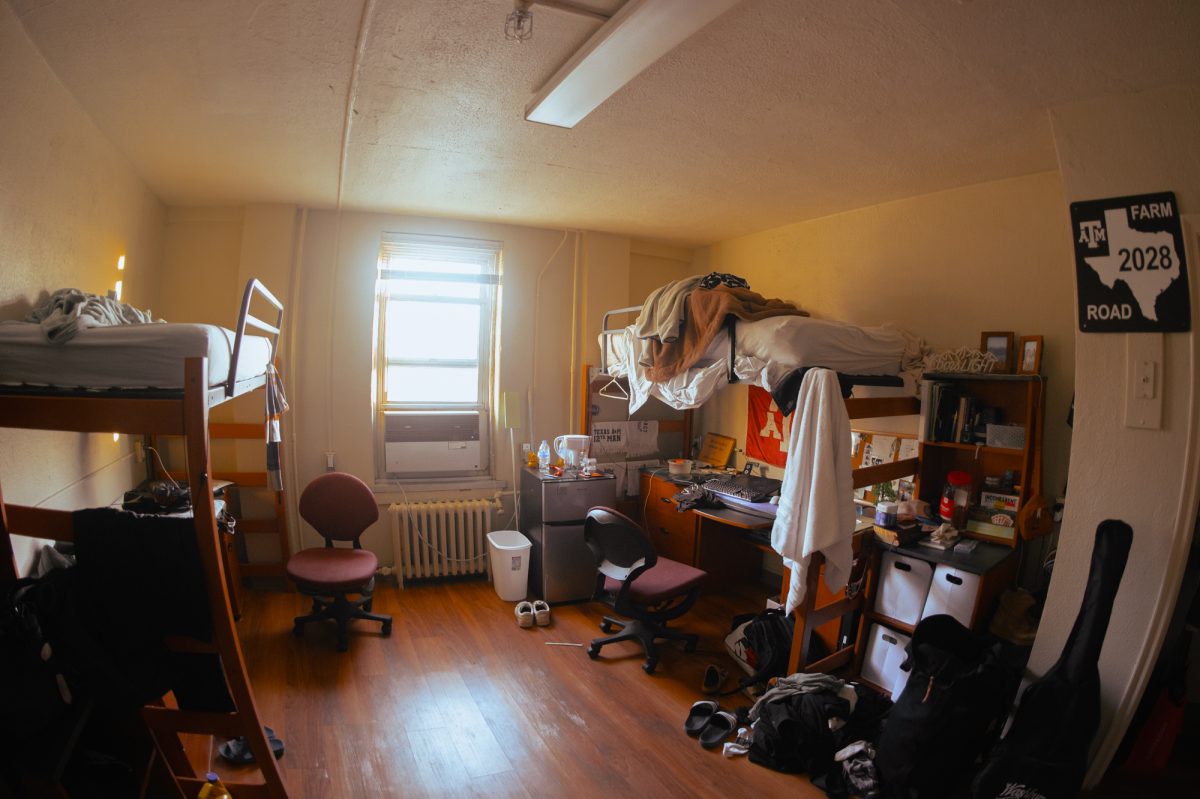In the past decade, the queer struggle for equality has seen many victories. Most significant of them being the landmark U.S. Supreme Court verdict that legalized same-sex marriage in all 50 states. India abolished a Victorian law outlawing homosexual intercourse only last year. Australia legalized same-sex marriage after a postal survey supporting the decision. On the other side of this spectrum were countries like Uganda, which imposed the death penalty for gay sex in 2014. The tiny kingdom of Brunei also tried to do something similar, but backtracked in the face of an international backlash. Despite this, the community has made tremendous progress legally and socially. It is essential to celebrate and acknowledge the milestones that are a result of decades of agitation.
One such milestone was the use of LGBTQ inclusive curricula in schools. In the U.S., the first state to mandate a queer-inclusive curriculum was California in 2011. Colorado and New Jersey followed it. In Colorado, the same law also mandates that public schools teach the history of other minority groups like Latin and Native Americans. The latest addition to this small group was Illinois that only joined a few months ago. Apart from these states, Arizona and Utah lifted restrictions on LGBTQ content schools. Conversely, Texas, Louisiana, Mississippi and a few other states have restrictions on queer content taught in public schools.
A curriculum that acknowledges queer contribution has had many benefits according to studies. Research has shown that queer students feel safer and are more engaged at schools where they teach such material. They are also less likely to report instances of verbal or physical harassment due to their sexual orientation or gender identity.
There are many ways in which one can start to make courses more inclusive. The most obvious place to begin would be history, as queer historical characters have been consciously removed or consigned to the footnotes. In many cases, some historians altogether ignore their queer identity. For example, everyone knows Bayard Rustin for his contribution to the civil rights movement. However, not many know of his advocacy for queer rights. It is this erasure of identity that educators must seek to undo. To combat hatred towards the community, it is imperativel to give children queer role models. These role models help dismantle the harmful stereotypes associated with queer peoples.
The next course that can help mould attitudes would be literature. Stories with queer themes and protagonists or writing by queer authors can help familiarize children with the struggles LGBTQ people face. This acknowledgement helps them in empathizing with and being supportive of their peers who might face the same problems.
Despite research showing its benefits, this push for inclusivity has faced pushback from conservative right-wing groups. These groups allege that schools expose children who are far too young for any talk of sexuality and gender, and that teachers should leave such education to the parents who can have different beliefs based on their religion. Teaching children about gender and sexuality helps them avoid confusion that puberty can sometimes bring. It can also help trans children avoid dysphoria and can enable them to choose the gender with which they identify. Some argue that a person’s sexuality and gender identity have no bearing on their historical contributions. Queerness might not have had a direct bearing on a person’s achievement, but that does not merit outright erasure of their queerness. Not to mention queer children benefit from seeing someone like them contributing to the betterment of society.
In a world with increasingly divisive rhetoric and politics, we need to teach children the values of empathy, kindness and inclusion. It is the only way to right the wrongs of our past and build a future where we can realize equal opportunity and rights for all communities.
Queer inclusive curricula and their rise in the U.S.
December 4, 2019
Photo by Creative Commons
Queer curricula
0
Donate to The Battalion
$1365
$5000
Contributed
Our Goal
Your donation will support the student journalists of Texas A&M University - College Station. Your contribution will allow us to purchase equipment and cover our annual website hosting costs, in addition to paying freelance staffers for their work, travel costs for coverage and more!
More to Discover




